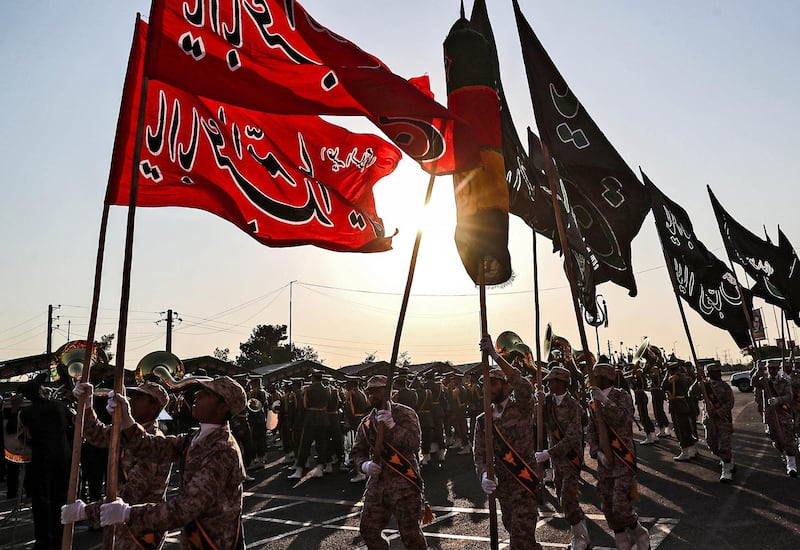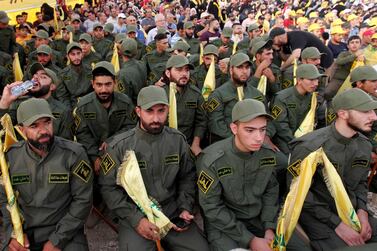Iran on Wednesday executed a man convicted of killing a member of the Revolutionary Guards during deadly protests in 2017-18, the judiciary's news website reported.
"Mostafa Salehi, who had murdered martyr Guard Sajad Shahsanayi with a bullet during the riots of (December 2017-January 2018), was executed this morning upon the request of the victim's family," Mizan Online said.
The report said Salehi had shot at security forces using a "hunting rifle", killing Shahsanayi and wounding six others.
The protests erupted mainly over economic grievances in December 2017 with a few hundred demonstrators in Iran's second city Mashhad and several towns.
Larger-scale protests flared in other cities including Tehran in the days that followed, with authorities blocking access to online messaging services that were instrumental in organising the demonstrations.
Ali Rabiei, the current government spokesman who was then labour minister, said later that the unrest had spread to 160 cities across Iran.
At least 21 people died during the violence, according to authorities.
Supreme leader Ayatollah Ali Khamenei said at the time that Iran's "enemies have united and are using all their means" against the country.
Prosecutor Mohammed Jafar Montazeri accused the United States, Israel and Saudi Arabia of being behind the violence.
News of Salehi's execution comes weeks after Iran sentenced to death a former opposition figure implicated in the same protests.
The Guards announced the arrest of Ruhollah Zam in October last year, describing him as a "counter-revolutionary" who had been "directed by France's intelligence service".
Zam, who reportedly lived in Paris, ran a channel on the now-blocked Telegram messaging application called Amadnews.
He was accused of inciting violence during the unrest.
Iran does not publish official statistics on the number of people it has executed.
London-based human rights group Amnesty International said Iran executed at least 251 people last year.






